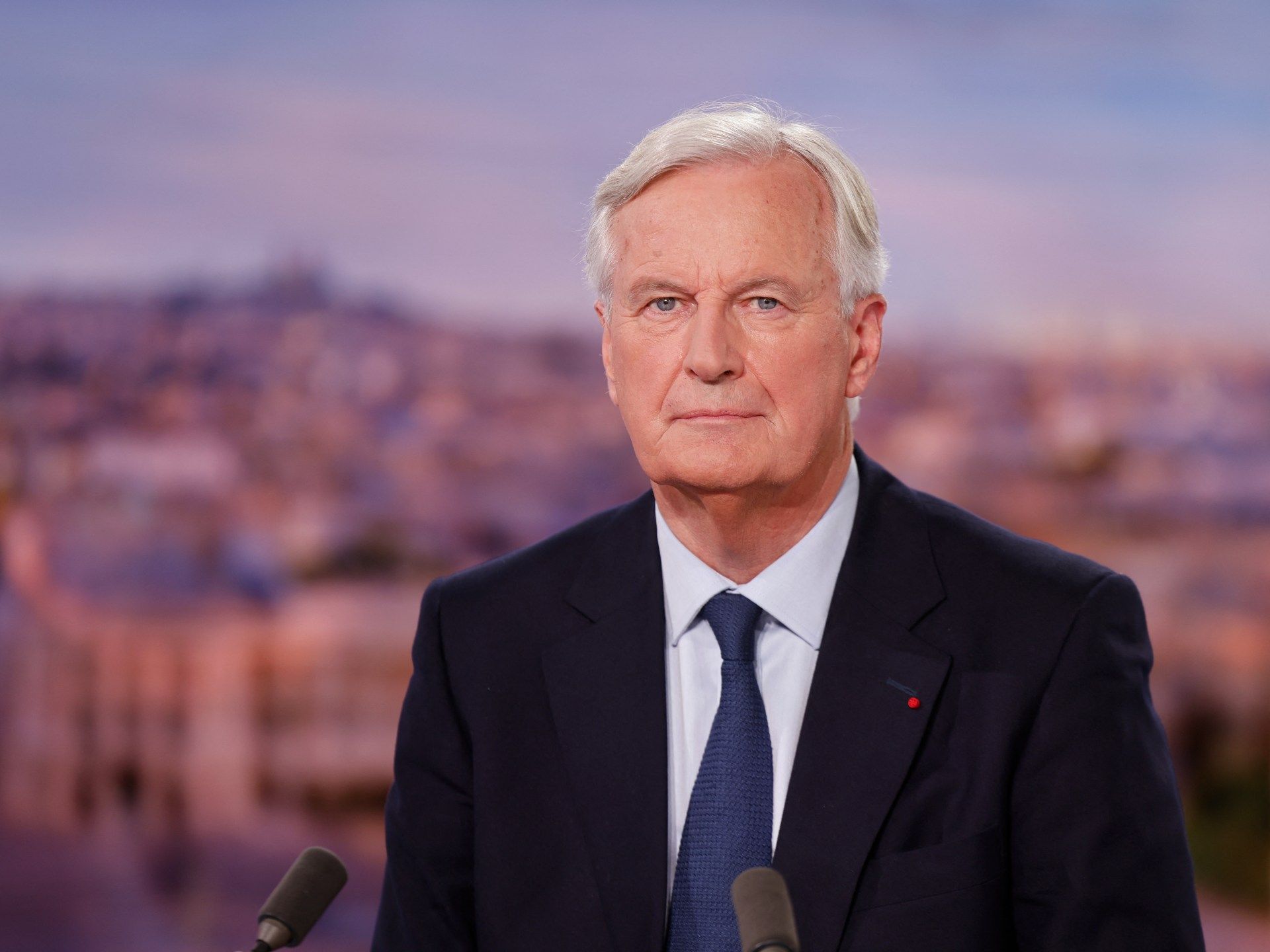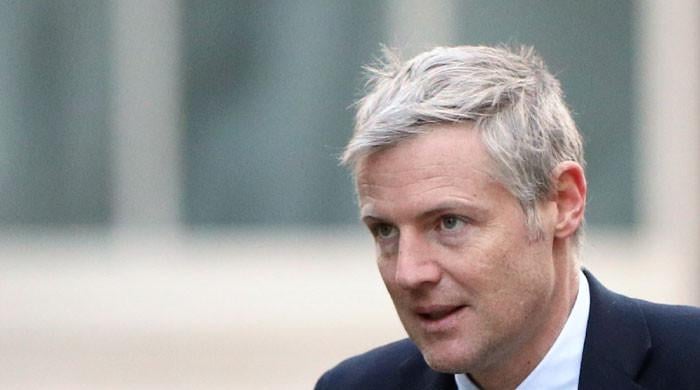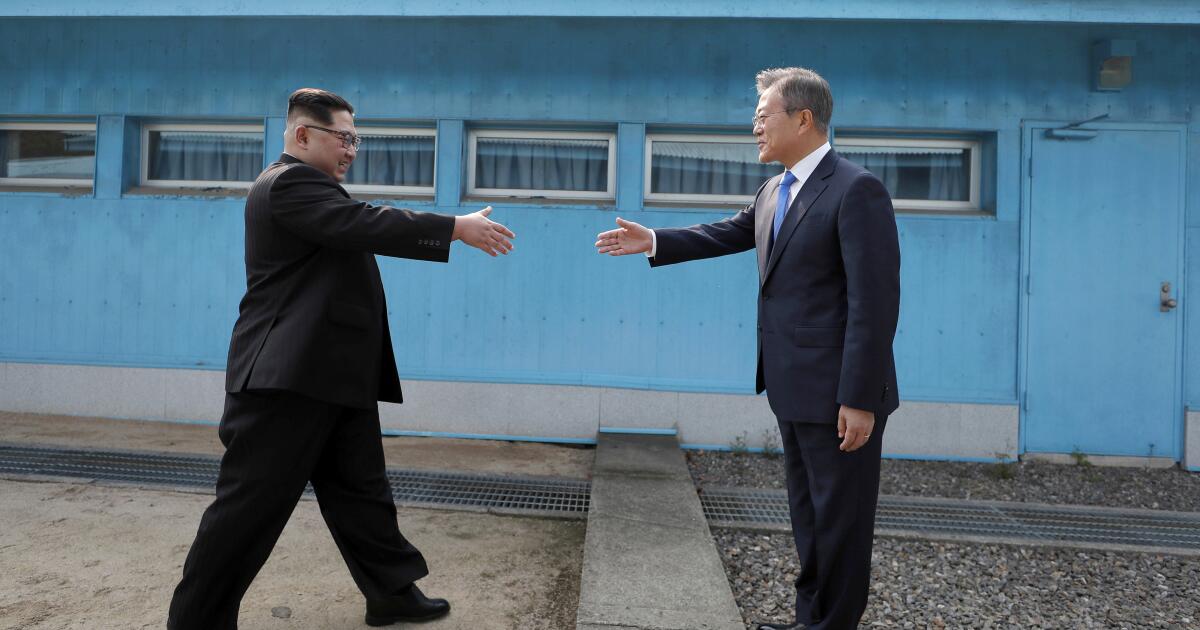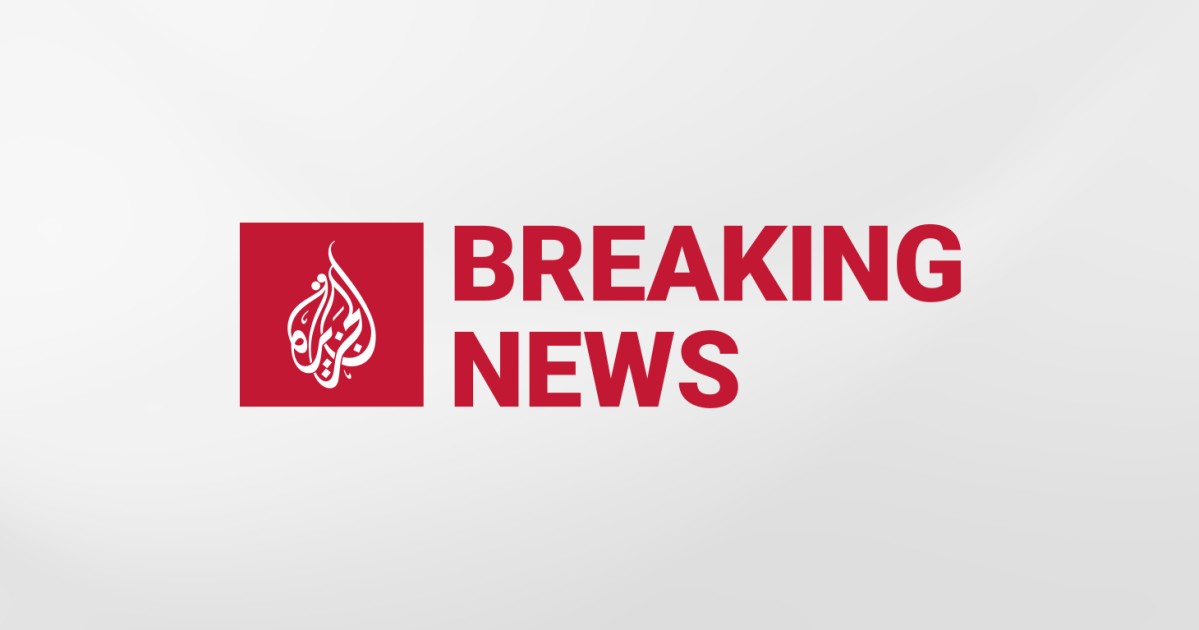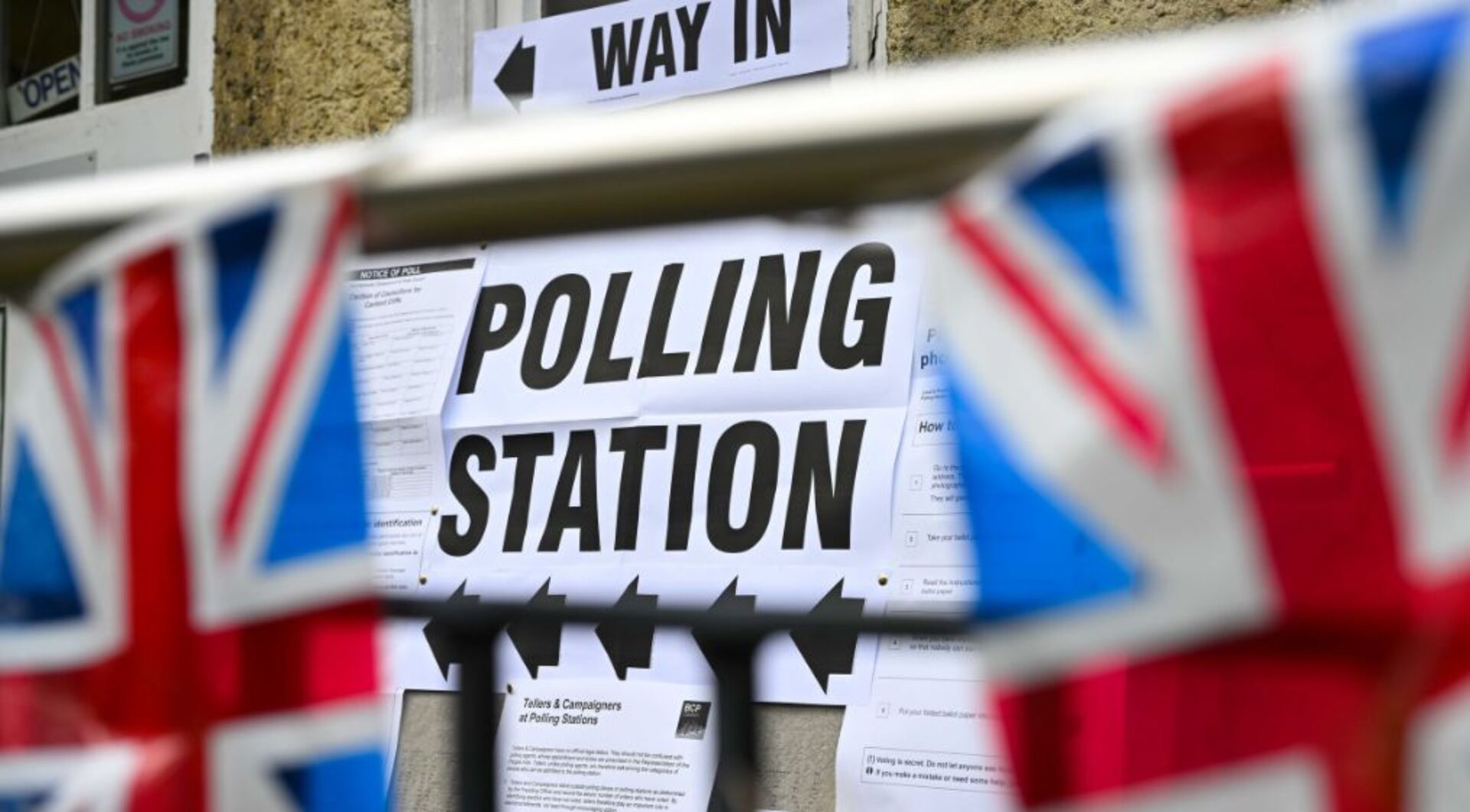Conservative Michel Barnier vows to defend some of Macron's policies as he faces a divided parliament.
France's new prime minister, Michel Barnier, says he will defend some of President Emmanuel Macron's policies and toughen the government's stance on immigration.
In his first interview since his nomination, Barnier said Friday that his government, which lacks a clear majority in the hung lower house of parliament, will include both conservatives and members of Macron's camp.
Members of other groups, including those on the left, are also welcome to support the new government, he said. “There is no red line,” Barnier said, adding: “We have to open the door… to all those who want it.”
Macron on Thursday named Barnier, a 73-year-old conservative and former European Union Brexit negotiator, as prime minister, capping a two-month search after his ill-fated decision to call a legislative election that resulted in a hung parliament.
Barnier faces the difficult task of trying to push reforms and the 2025 budget through that parliament, while France is under pressure from the European Commission and bond markets to reduce its deficit.
Signalling his willingness to back some of Macron's widely unpopular reform policies, likely including taking political risks, Barnier said he was not prepared to repeal the increase in the retirement age from 62 to 64.
“We must not question this law, which was adopted in very difficult circumstances,” Barnier said, adding that he was ready to adjust the policy to better protect those he called “the most vulnerable.”
The leftist New Popular Front and the far-right National Rally (RN), which together have a majority and could oust the prime minister in a vote of no confidence if they work together, campaigned strongly against the reform.
“Our borders are sieves”
In a sign that he will take a rightward turn on some issues, Barnier said he would pursue tougher policies to curb immigration. “There is still a feeling that our borders are sieves and that migration flows are not being controlled,” he said, adding:
“I don't have much in common with the ideologies of the National Rally, but I respect them.”
Macron's political rivals have previously said Marine Le Pen's party was wielding outsized power over the president, who nominated Barnier with the tacit support of the far right after spending weeks searching for a candidate who would not be immediately ousted by a majority of lawmakers.
The RN gave tentative support to Barnier's nomination, saying it would not seek to reject it immediately, but made clear it could withdraw its support at any time if its concerns about immigration, security and economic issues were not addressed.

